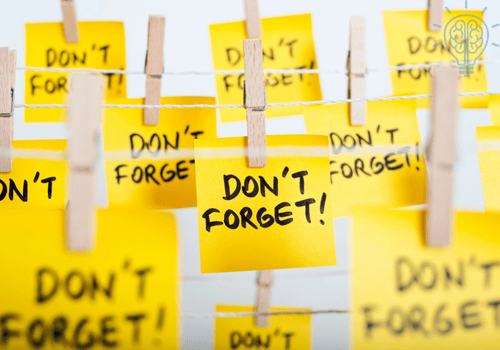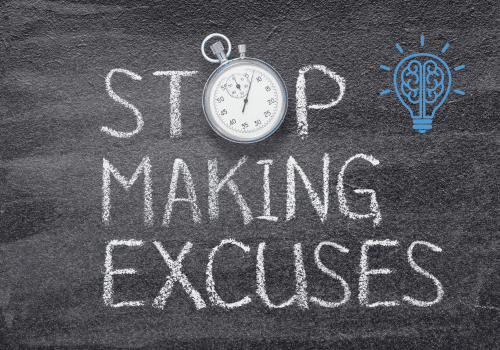⚡ “I had everything mapped out, and now it’s all ruined! Why do changes throw me off so much?”
If you feel frustrated when things don’t go as planned, you’re not alone. Whether it’s a last-minute schedule change, a work project taking longer than expected, or an unexpected setback, disruptions can feel overwhelming.
This isn’t just about being “rigid”—it’s often linked to cognitive flexibility; a key executive function that helps us adjust our thinking when circumstances change. If cognitive flexibility is a challenge, even small changes can feel like major obstacles.
The good news? Cognitive flexibility is a skill that can be strengthened with the right strategies.
🧠 Why Do Changes Feel So Overwhelming?
When plans shift unexpectedly, several executive function processes are involved. Here’s why frustration can set in:
📌 Cognitive Rigidity
If your brain prefers structure and predictability, adjusting to changes can feel stressful and difficult.
⏳ Poor Transition Skills
Shifting from one plan to another requires task switching—if this is challenging, change can feel disruptive.
😰 Emotional Regulation Challenges
Big emotions like frustration or anxiety can hijack logical thinking, making it hard to focus on solutions.
🔄 Overattachment to Expectations
When we visualize things happening a certain way, unexpected changes can feel like personal failures.
⚠️ Stress and Overwhelm
If your brain is already overloaded, even minor changes can feel like the last straw.
🚨 The Impact of Frustration When Plans Change
Struggling with flexibility can lead to more than just stress—it can affect relationships, work, and mental health:
- 😤 Feeling stuck or frozen when plans change
- 💬 Reacting with frustration toward others
- ⚡ Increased anxiety when things feel out of control
- 📉 Decreased problem-solving ability
- 🔄 Avoiding situations that involve uncertainty
Learning to adjust expectations and manage emotions can make unexpected changes feel less overwhelming.
✅ Strategies to Stay Calm When Plans Change
Here are some ways to increase flexibility and reduce frustration when things don’t go as planned:
🔄 Reframe the Situation
Instead of “This is ruined,” try “This is different than I expected, but I can adjust.”
⏸️ Take a Pause Before Reacting
Give yourself a moment to breathe before responding. A few deep breaths can help reset your thinking.
📅 Build Buffer Time into Plans
Leaving extra space in your schedule can help you adapt when things take longer than expected.
🎭 Practice “What-If” Thinking
Mentally rehearsing different scenarios helps your brain get comfortable with unpredictability.
🎯 Focus on What You Can Control
Instead of stressing over what changed, shift attention to what you can do next.
📝 Keep a “Plan B” Mindset
Remind yourself that alternative solutions often work just as well—or even better—than the original plan.
🚦 Develop a Coping Ritual
Having a go-to strategy (like stepping outside for fresh air or journaling) can help you reset when plans shift.
🧠 How Executive Function Coaching Can Help
If you struggle with getting frustrated when things don’t go as planned, executive function coaching can help you develop cognitive flexibility and emotional regulation strategies.
With coaching, you can learn how to:
- 🔄 Strengthen cognitive flexibility for easier transitions
- 😌 Improve emotional regulation to reduce stress responses
- 🎯 Develop adaptable planning strategies
- ✅ Build resilience for handling unexpected changes
Being adaptable doesn’t mean ignoring frustration—it means learning to shift gears smoothly when life throws curveballs.
Want to build better flexibility and frustration tolerance? Contact us for executive function coaching today!




